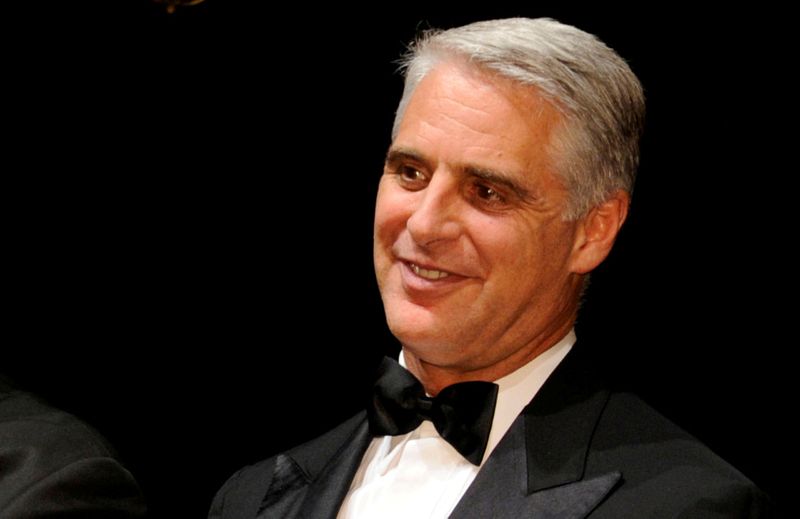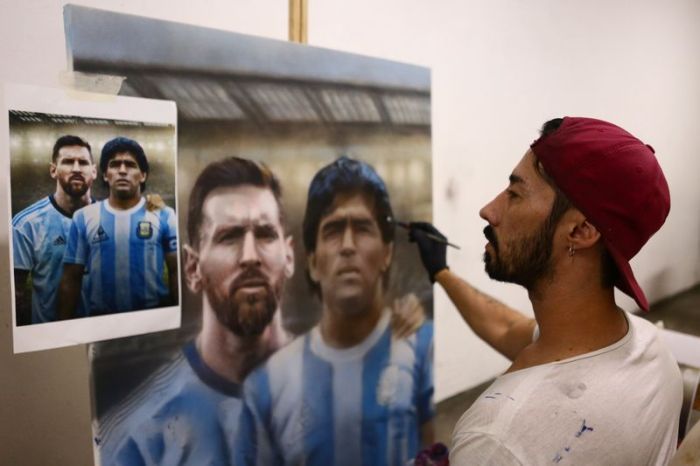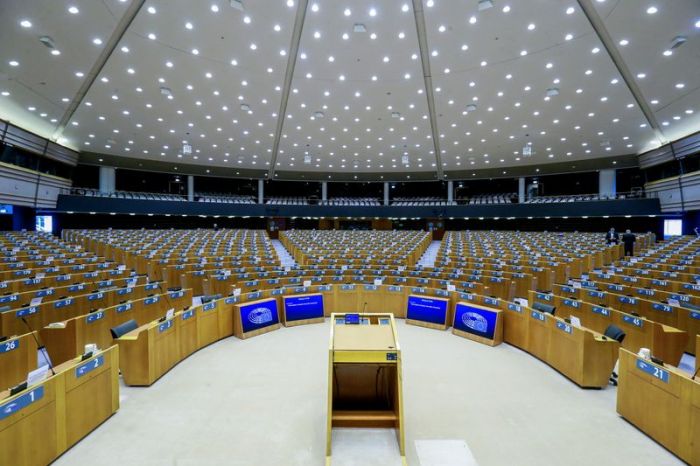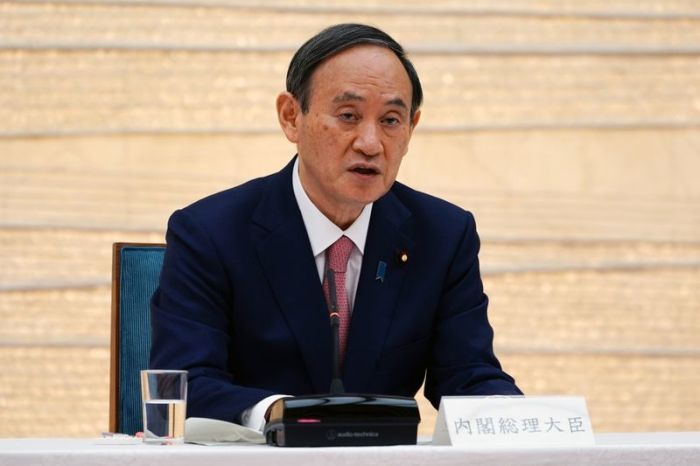MILAN (Reuters) -Andrea Orcel on Thursday fulfilled his dream of becoming a bank boss, but disquiet over how much the veteran dealmaker will earn as the new UniCredit chief executive means his tenure begins on the defensive.
Orcel, 57, only narrowly defeated a shareholder revolt over the terms and size of his up to 7.5 million euro ($9 million)remuneration package, securing just 54.1% of votes at a general meeting.
Although above the required majority threshold, it represents only a third of the bank’s capital when considering the meeting’s 60.5% attendance.
The package, which is double that of former CEO Jean Pierre Mustier, puts Orcel ahead of most European peers at a time when regulators are calling for restraint as the extent of the damage wrought by the pandemic slowly emerges.
Leading shareholder advisory firms ISS and Glass Lewis had recommended a “no” vote, criticising in particular a guaranteed 5 million euro share bonus for the first year.
Thursday’s vote compares with a 96% approval rate last year and the 87% investor backing for the remuneration policy Mustier adopted after he arrived in 2016 – cutting his salary by 40% while also waiving yearly bonuses and his severance payment.
A top 10 UniCredit investor told Reuters on condition of anonymity it had rejected the package, which was backed instead by historic domestic investors like banking foundations Fondazione CariVerona and Fondazione CRT as well as billionaire Leonardo Del Vecchio.
In taking the job at UniCredit, Orcel is relinquishing more than 25 million euros in deferred pay from former employer UBS, which he left to become CEO at Santander in 2018.
But a row over pay led the Spanish bank to drop its offer, leaving Orcel out of a job and prompting him to file a 112 million euro lawsuit.
The case is still pending and Orcel will barely have time to get his bearings at UniCredit before travelling to Madrid on May 19 for a hearing in the trial.
“HUGE RESPONSIBILITY”
“Today’s vote hands both the bank and its new CEO a huge responsibility. Orcel has an extraordinary track record but he faces a difficult task at UniCredit,” said Stefano Caselli, banking and finance professor at Milan’s Bocconi University.
Orcel was picked in January to replace Mustier, who left after clashing with the board over strategy.
The slate of directors put forward by the outgoing board, which proposes former Economy Minister Pier Carlo Padoan as chairman, secured 76.3% of votes on Thursday, less than half the bank’s overall capital.
Orcel is expected to explore merger and acquisition opportunities in an effort to lift UniCredit’s shares, which are trading at just a third of book value. Despite a 33% gain in the past six months, they are also lagging a 47% rally in broader Italian banking shares.
Analysts say the stock is unlikely to recover until there is more clarity on M&A and expect Orcel will need time to build a team, reorganise management and draw up a new business plan.
However, he must soon decide whether to go ahead with an acquisition of troubled rival Monte dei Paschi (MPS) which Mustier had been discussing with Rome behind the scenes.
Italy must find a buyer, or otherwise fill a 2.5 billion euro capital gap at MPS in the coming months.
After failing to strike a cross-border merger, Mustier had shunned domestic M&A, coming under further pressure from the board when Intesa Sanpaolo boosted its market share to twice UniCredit’s by taking over rival UBI.
“Intesa moved first in the Italian M&A game and did very well, others are following suit which doesn’t leave that many options for UniCredit,” Caselli said.
“It wouldn’t make much sense to hire an undisputed leader of European M&A to simply do an Italian deal, I think UniCredit’s future lies in Europe,” Caselli said.
($1 = 0.8345 euros)
(Additional reporting by Maria Pia Quaglia, Andrea Mandala, Stephen Jewkes, Claudia Cristoferi and Danilo Masoni; editing by Carmel Crimmins, Kirsten Donovan)

























